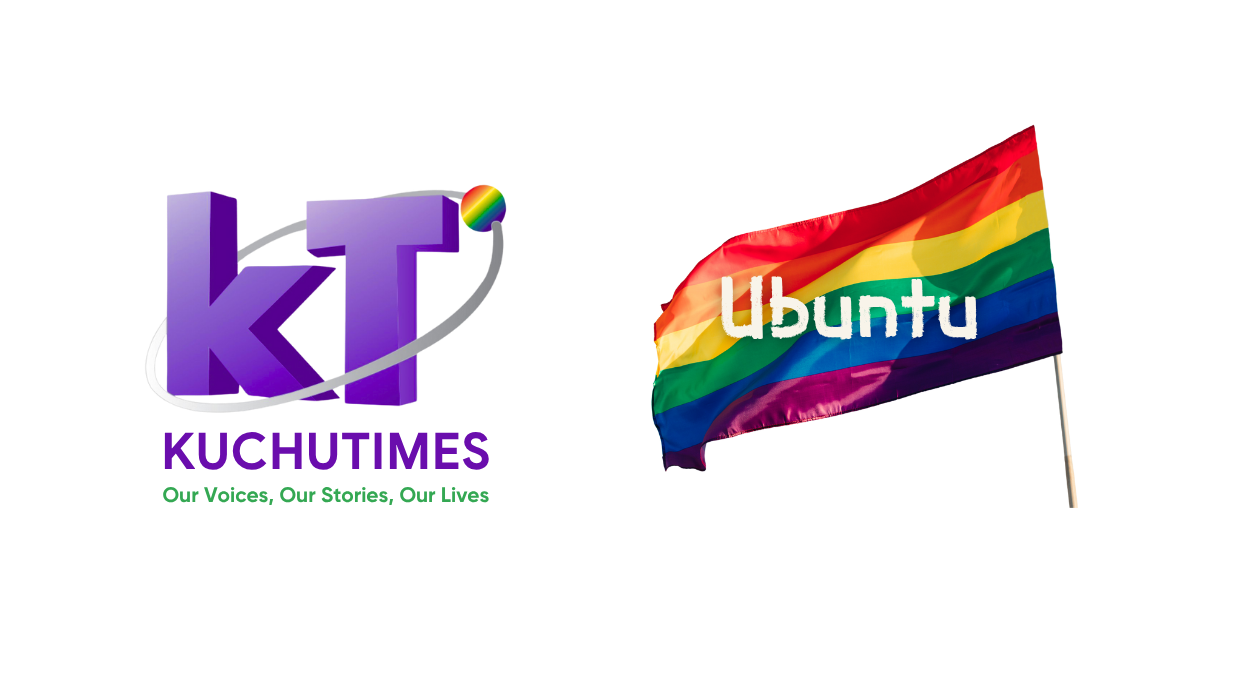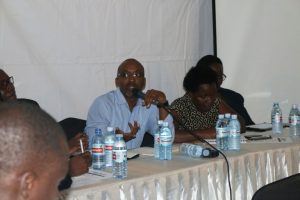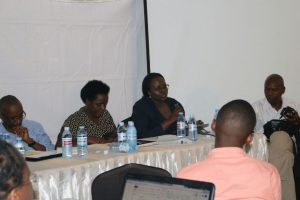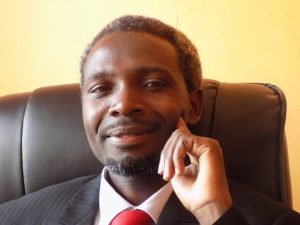Chapter Four Uganda an organization that protects and promotes civil liberties hosted an open sharing session with members from the civil society and government on 23rd May 2016. The topic of discussion was “How now shall we speak?- Making Sense of the Media Ban and Social Media Blackouts in Uganda”. This follows numerous incidents that saw social media platforms blocked and media houses banned from covering what government viewed as sensitive issues in the recently concluded presidential and parliamentary elections.
Chapter Four Uganda decided to engage societies and government to create a space for constructive engagements as well as use the avenue to listen and perhaps make sense of the government’s decisions, that many deemed unnecessary and undemocratic.
Nicholas Opiyo the Executive Director of Chapter Four introduced the theme for the day’s theme and highlighted the importance of having such meaningful engagements between leaders from the civil society and representatives from the state. He noted that such avenues avail an opportunity for both parties to listen to each other and find amicable solutions to the raised concerns.
A panel of members from both civil societies and the state presented their concerns and later engaged in open discussion.
“When the right to freedom of expression or freepress is interfered with, the same affects access to information and exchange of ideas. When the state curtails the freedom of expression by shutting down social media and goes further to ban media houses from covering defiance campaign activities by the opposition – that means certain rights are being violated. The state has to impose limitations that are permissible in a democratic society, there has to be tolerance of divergent views and the diverse exchange of ideas leads to a democratic society. A democratic society should be able to tolerate the greatest form of annoyance in order to enhance the greatest form of expression. When you are limiting rights, the measure has to be necessary and proportionate and so the clump down on social media was disproportionate to the legitimate aim,” Sarah Kihika from International Centre for Transitional Justice noted.
Christine Ading from the Human Rights and Legal Service Department in the Uganda Police Force said that as a coercive force of the state, they have to make sure that they avoid any instances that may jeopardize the security of the state and cited that if people use social media irresponsibly and the government observes that this will incite violence then they ion. She further said that Police addresses the law as it is.
The moderator of the day Mr.Tegule commissioned tasked Police’s Ading to elaborate more about the rampant clump down of social media, where they got the mandate, what prompted them to take such measures and if they considered how the highest percentage of the population had to survive without access to information. Ms Ading affirmed that it was justifiable for security reasons and highlighted the challenge of Police’s capacity to monitor social media.
Many of those present agreed that Ugandan is in an evolving process in regard to the concept of social media as a new tool of communication, meaning that both the state and its citizens still need to adopt to this new tool of communication and how it operates.
Fred Otunu, the Director for Corporate Affairs at Uganda Communications Commission pointed out the activities of UCC as a regulating body for media and information in the country and defended their actions- he said that it is the responsibility of the state to intervene in such instances where some people begin to misuse avenues for communication. He said that through the government’s transparent mechanism, they have engaged with face book reporting cases violating national laws but the response from the platform administration has been slow-moving.
Many of those present recommended that laws related to such incidents be amended and before Police or UCC implements such actions, they should present evidence to court and weigh the justification for such clump downs since this would create a balance between the state and the citizens it serves.






